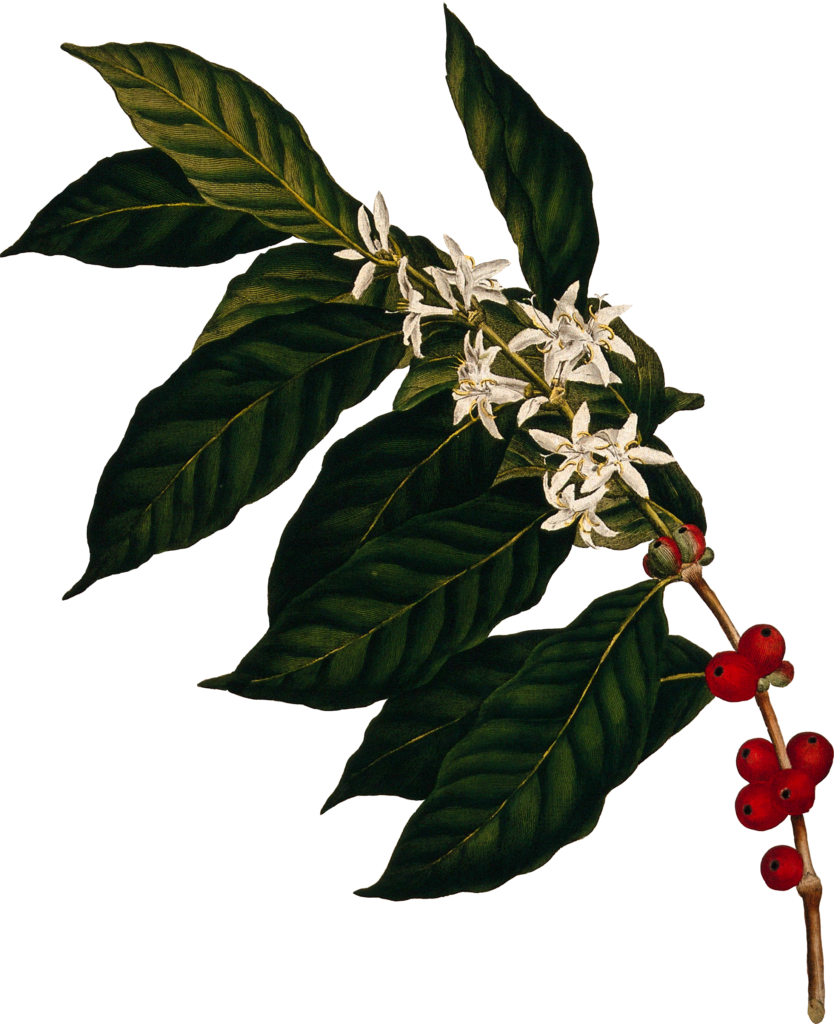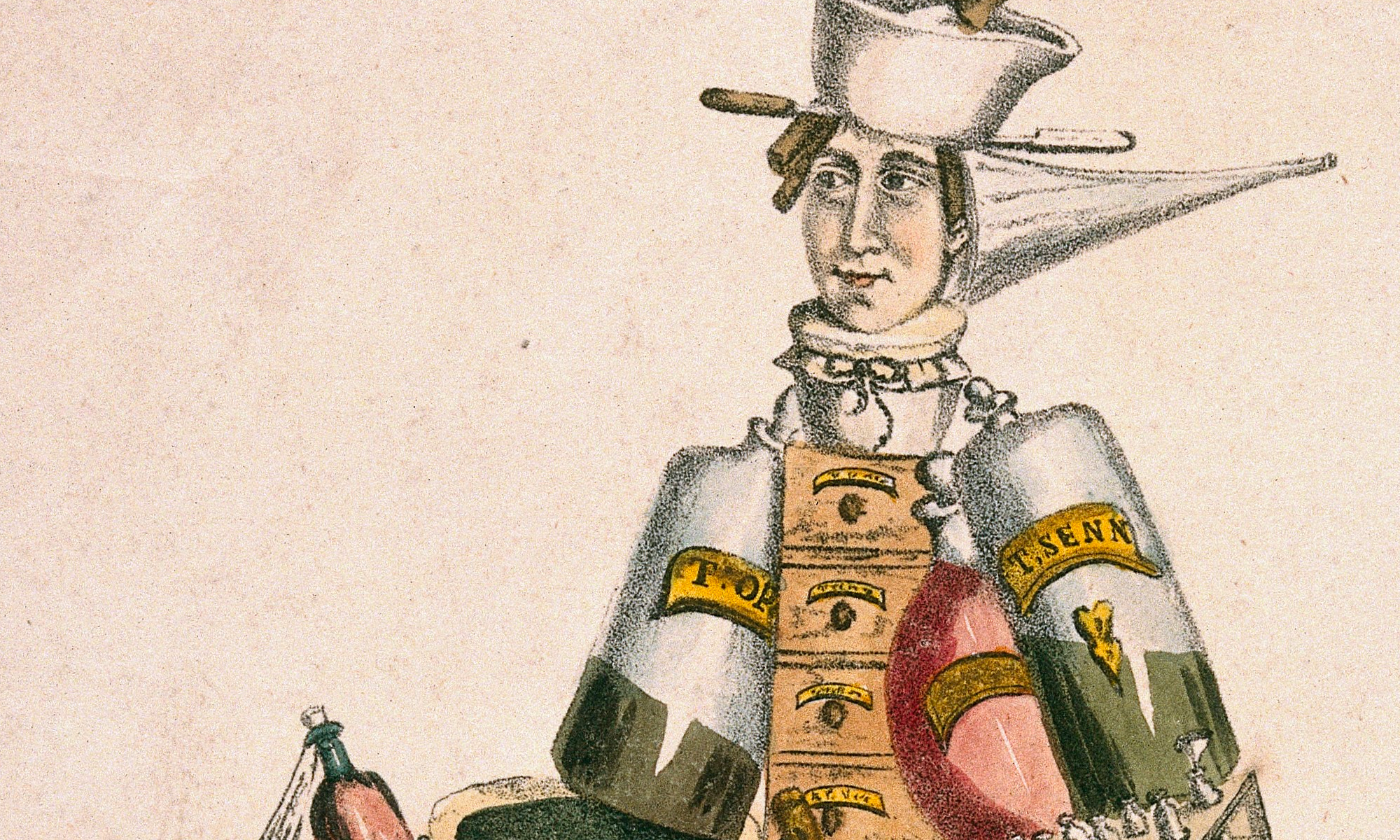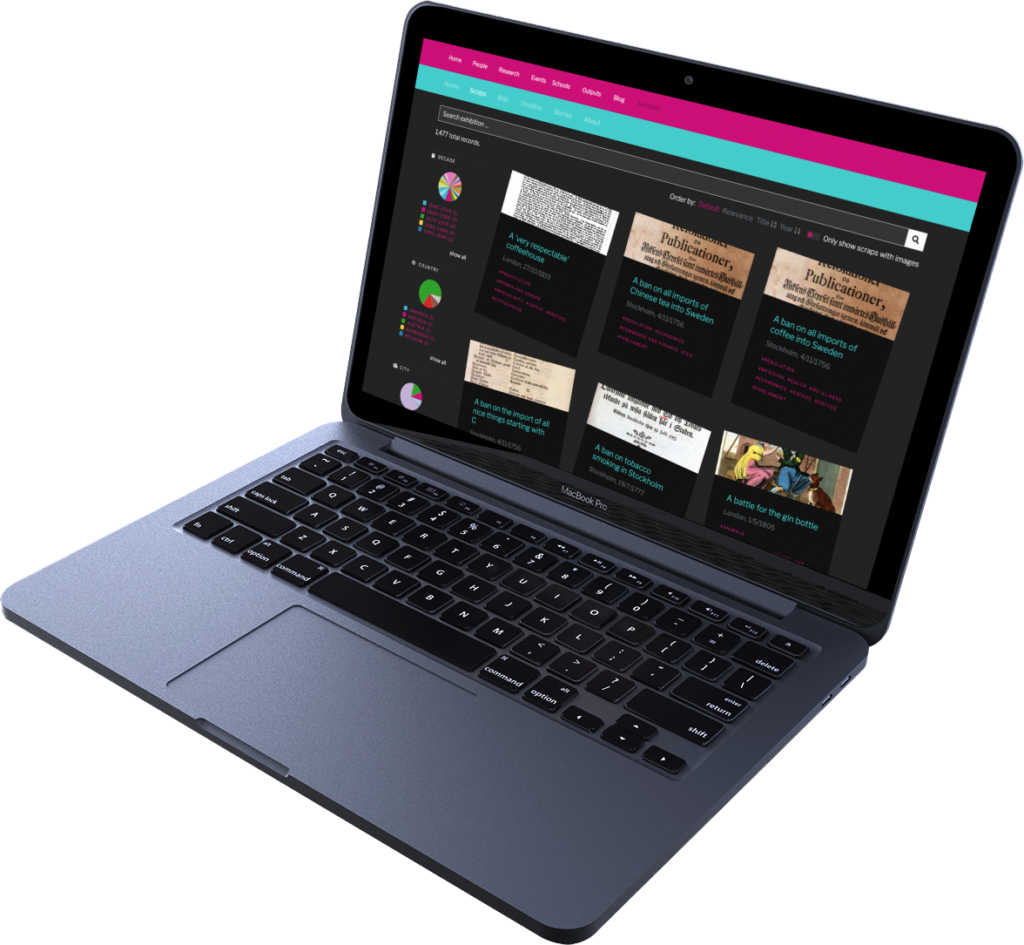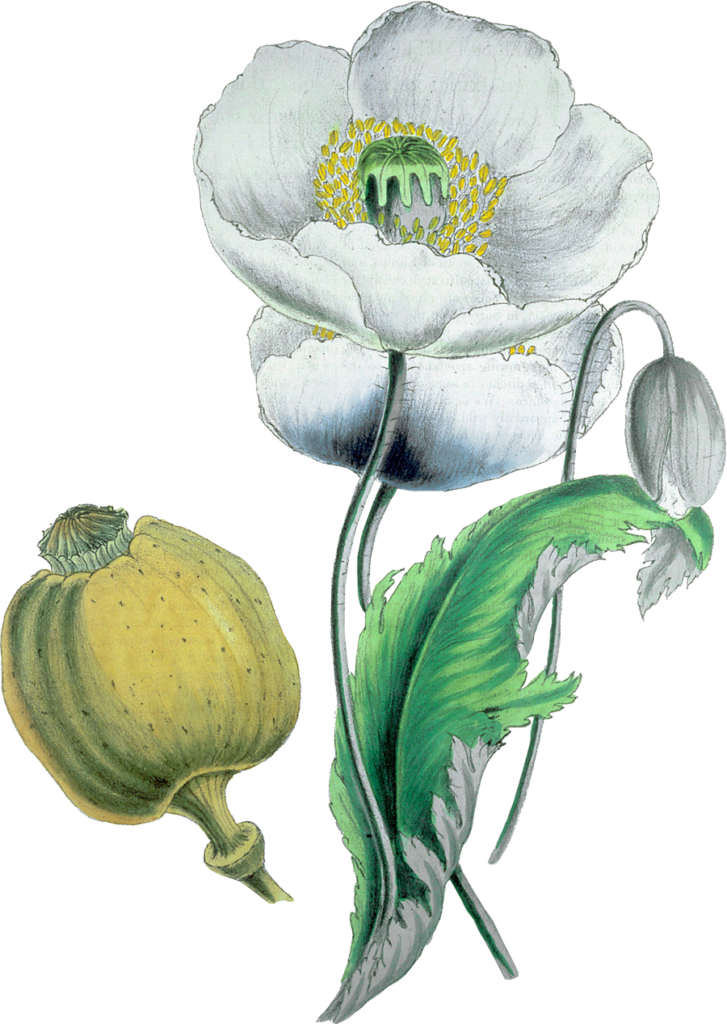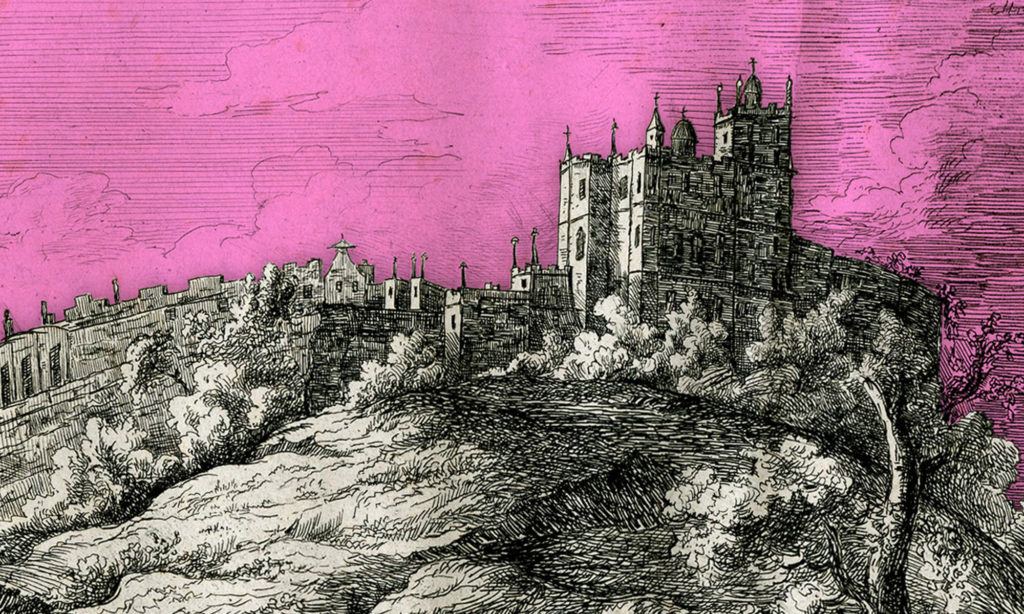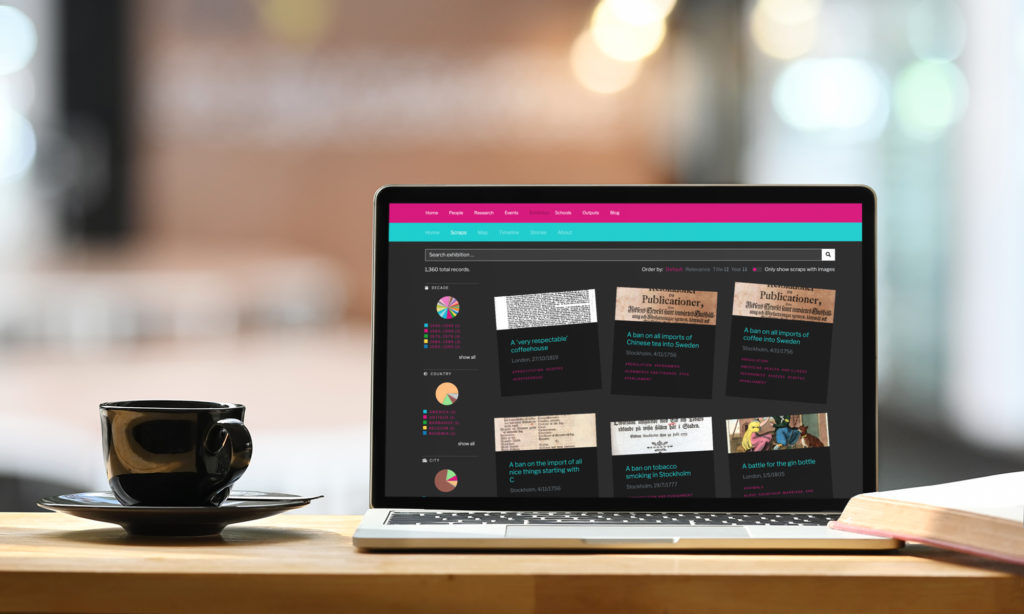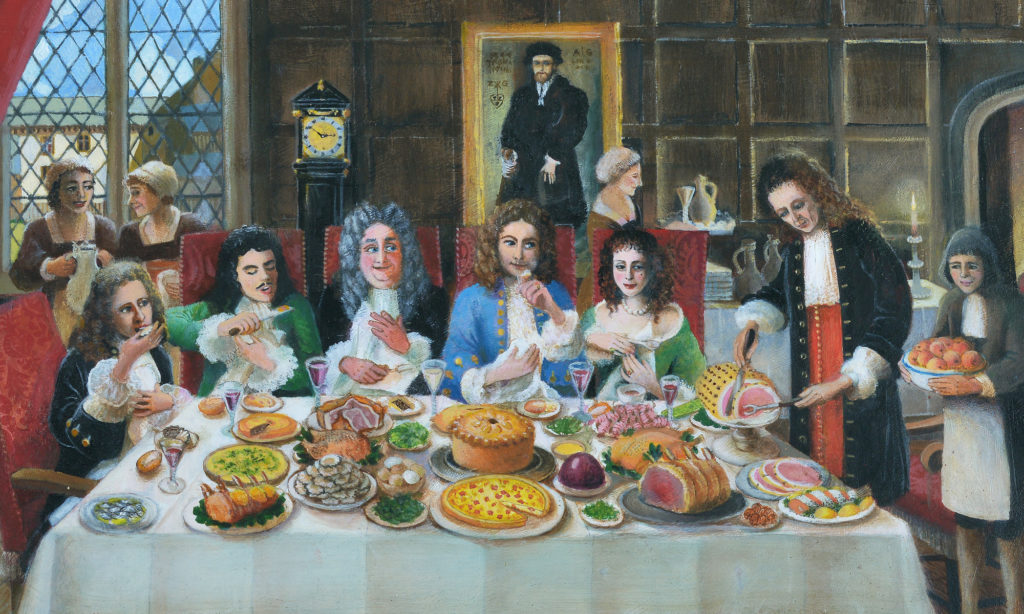Between the seventeenth and nineteenth centuries, emerging imperial and trading networks and flows of people, knowledge, and goods from across the world introduced European consumers to a wide variety of ‘new intoxicants’: cocoa, coffee, opium, sugar, tea, and tobacco. In what has been termed a ‘psychoactive revolution’, these mind- and body-altering substances transformed dietary and social habits, and became mainstays of modern global economies and nation states.
